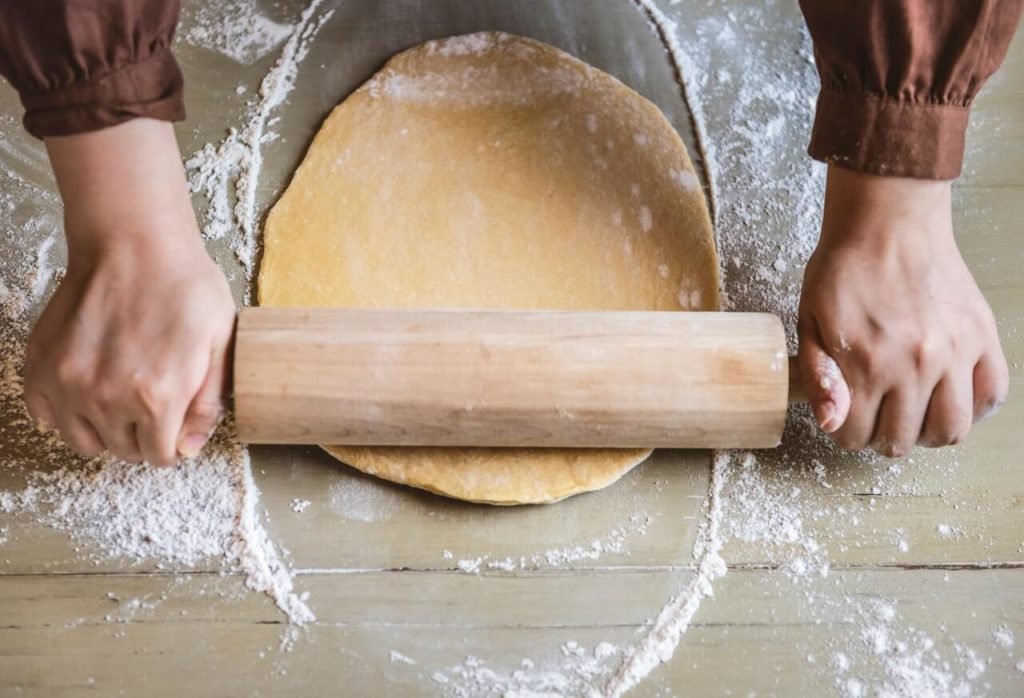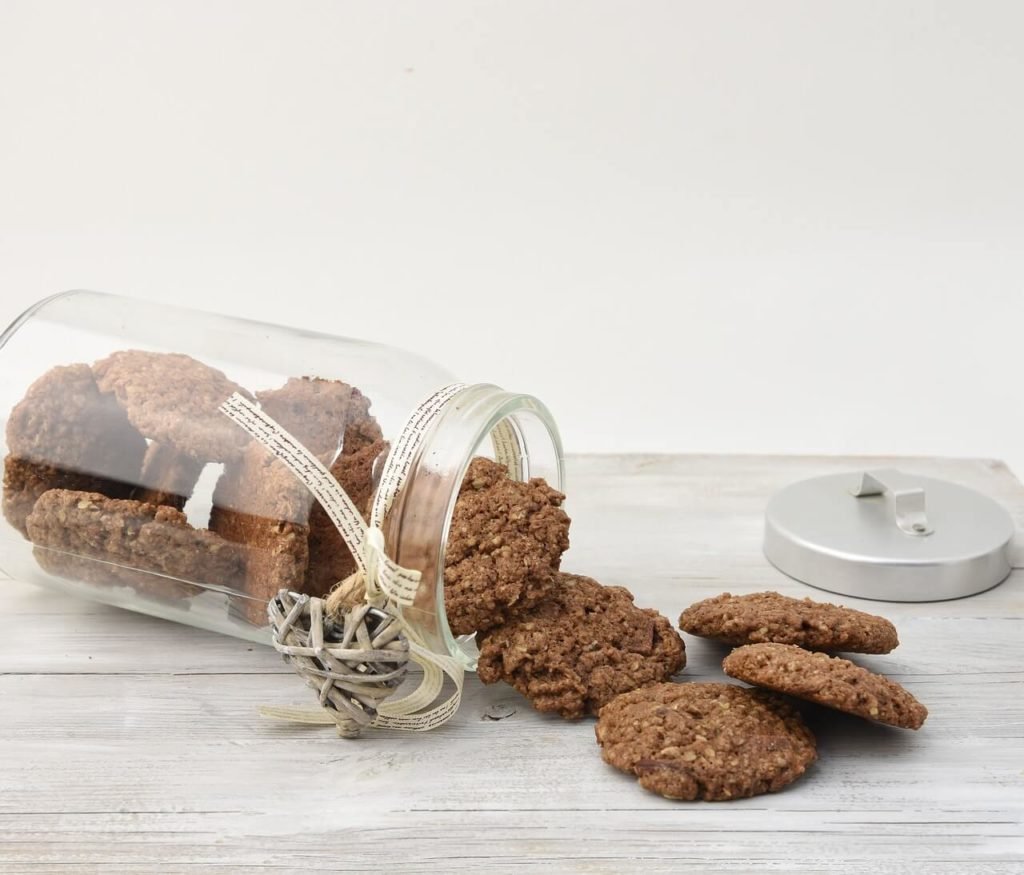Me Want Cookies, Not Plastic
How to reduce the use of plastic in your daily life?
The need to reduce and ultimately eliminate our consumption of single-use plastics is paramount. Both the creation and the disposal of these petroleum-based products are causing alarming damage to both our land and waterways. Many of you have already taken steps by bringing your own bags for shopping, refusing straws, and giving the barista your travel mug. We’d like to inspire you to think further… starting with cookies.
Cookies are a favorite portable, poppable snack, however when you take a walk down the cookie aisle in a grocery store, it’s a plastic haven! Almost all come in plastic trays wrapped in plastic packaging. Did you know that by baking your own cookies, you can reduce your plastic consumption for this single product by around 90%? We’re going to debunk three myths and give you the facts to inspire some baking action.
I don’t have the time!
Mixing up a batch of cookies takes about 30 minutes. Baking them all at once is actually what eats up your time. The secret to making cookies less time consuming is a little multitasking.

Now you have warm cookies to eat right at this moment and a source for baking some fresh later. Just use a sharp knife and slice ½ inch rounds, place on a cookie sheet and bake according to directions. Drop cookies, like chocolate chip, sugar and other cookies where you “drop” them from a spoon onto a cookie sheet work best for this method. Make sure that you label your logs with the cookie type, oven temperature, and how long to bake them. Once you have a few different types of cookie logs stashed in your freezer, you can bake up a tray with different flavors all at once any time.
But the ingredients come in plastic!
Gather up some glass jars (this is a great case for reusing pasta sauce, jelly, or pickle jars), cloth bags, or plastic containers and head to the bulk food section. Although the nickname for one of the main places you can find bulk bins is “Whole Paycheck”, generally speaking, buying from the bulk bins is much cheaper than purchasing the same thing packaged. When looking at the prices on the bins, remember that the price is per pound and it’s not necessary to buy a full pound. You can bring your own measuring cups to eyeball the amount you need and buy only what you need at that time. Not sure where to find a store near you that has bulk bins? Bea Johnson, author of Zero Waste Home has a fantastic tool here.
If scooping your ingredients from the bulk bins is not something you're ready to do, keep in mind that, even if you purchase all of your ingredients from the regular baking aisle, you're still reducing your single-use plastic consumption. For one thing, flour and sugar often come in paper bags themselves and can go to your compost bucket with food scraps and other compostable items. The plastic bags of other ingredients you buy will bake up more cookies then you’d find in a single package from the cookie aisle.
What do you put your cookies in, if not a plastic bag?
So you’ve baked up these yummy cookies and put enough in your tummy, now what do you use to wrap up the rest? Glass bake-ware with a lid works great as do old-school tins or the classic cookie jar. It’s always a good idea to take a look around your home first before you go out and buy something. For travel purposes there are many snack bags made from non-plastic materials including beeswax covered fabric, silicone, and parchment bags made specifically for baked goods. Purchasing “reusable” 100% cotton bags is the best, though they can be an investment upfront. In the long run, not only are you saving money but you’re also keeping plastic out of landfills.

Baking cookies at home is one great example of how you can reduce your single-use plastic consumption. Can you think of others? Let us know and we’ll post your suggestions on our Facebook page or write a whole new inspiration for a greener living!